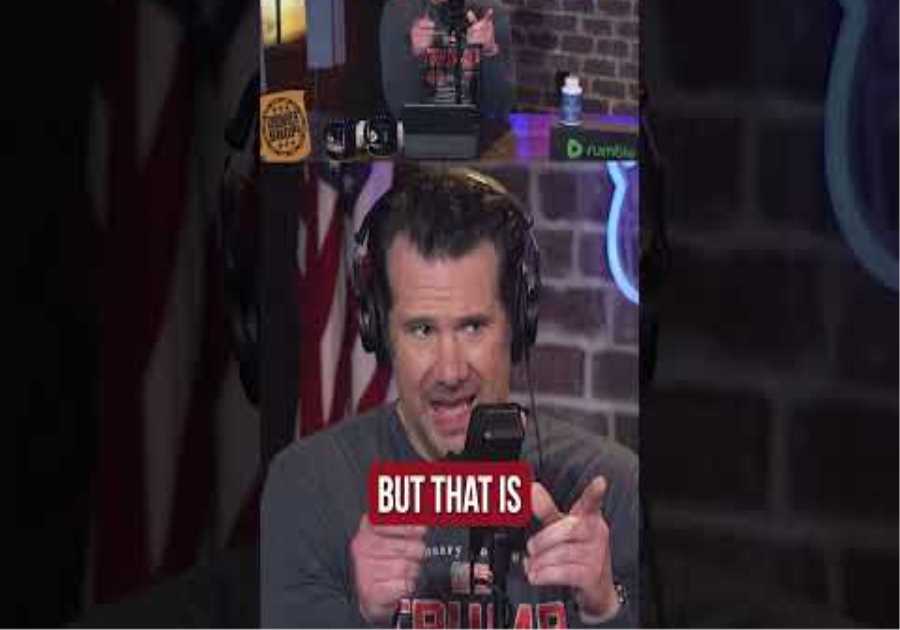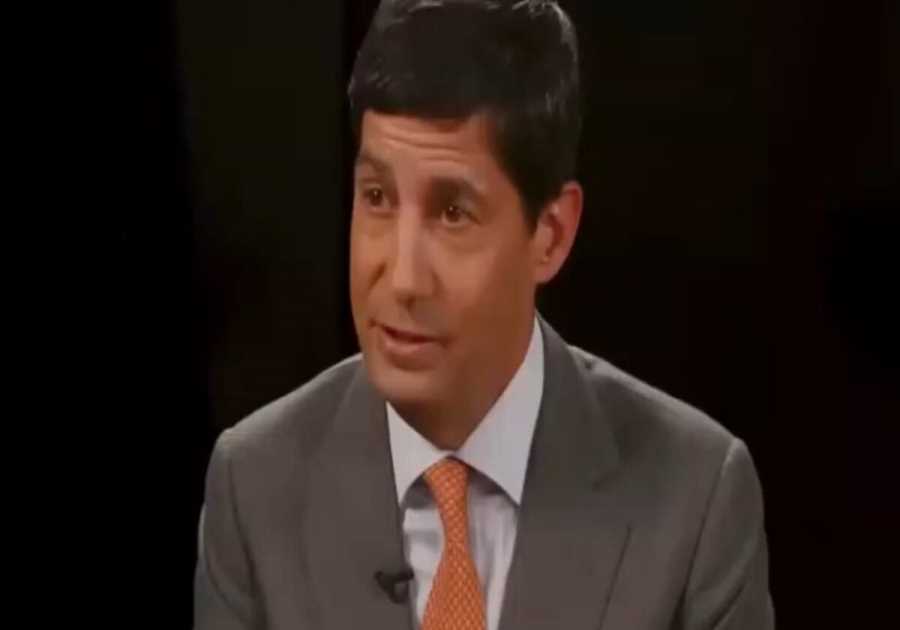
You cannot make this stuff up. Seriously. If I sat down and invented this, you'd say I was being too on-the-nose. Too ridiculous. Too unbelievable. But this is actually happening right now in America.
Last week alone, I watched three separate stories that made me stop and ask: have we collectively lost our minds? And I want to walk through them because there's something important underneath the absurdity. But first, let's just appreciate how weird things have gotten.
Listen to the Article
The Classics Are Now Dangerous
So there's a school district—I'll be careful with details here, but this is documented—that's flagging classic literature as harmful. We're talking about books that have been taught for decades. Books that shaped American thinking. Now they're problematic.
The reasoning? They contain outdated language, historical perspectives, or situations that don't reflect modern values.
Picture this. You're a parent. Your kid's English teacher assigned "To Kill a Mockingbird." You read it in high school. It's about confronting racism and standing up for what's right. Seems like exactly what schools should teach. But now the school's flagging it as potentially harmful. Not banning it outright. Just flagging it. Just making sure nobody reads it without a warning label. And you're sitting there thinking: this book is about fighting injustice. How is that dangerous?
The answer? It isn't. The real problem is that someone decided the book doesn't align with their current ideological framework. So instead of teaching it in context, instead of discussing historical perspective, instead of using it as a teaching moment about how society has evolved, they just remove it. Easier that way. No controversy.
Here's what I didn't immediately grasp about this trend. It's not really about the books. It's about control. If you control what people can read, you control what they can think. That's not educational policy. That's censorship dressed up as protection.
The Energy That Heats Homes Is Now the Enemy
Then there's the push to eliminate natural gas heating. Not in fifty years. Now.
Some jurisdictions are passing building codes that prohibit natural gas hookups in new construction. The stated goal? Combat climate change. The practical effect? Make home heating more expensive and less reliable.
Now look, I get climate concerns. I do. But here's where the ideology replaces actual thinking. Natural gas is a reliable, proven energy source. It heats millions of American homes efficiently. It's affordable. It's stable. But apparently, we're supposed to abandon it immediately in favor of electric heating systems.
Imagine you're a construction worker. You're building a new house. The old way—gas heating, reliable, affordable—is now prohibited. You have to install all-electric heat pumps. Great technology in theory. But in cold climates? They lose efficiency. They cost significantly more to install. They require backup systems because they can't handle extreme cold alone. And the electrical grid? It's not built to handle everyone switching to electric heating simultaneously.
So you've got a situation where ideology is driving policy that makes things worse. More expensive. Less reliable. Less practical. But it sounds good. It sounds progressive. So it happens.
Here's what bugs me about this. There's a reasonable conversation to have about energy sources and environmental impact. That conversation requires nuance. It requires acknowledging tradeoffs. Natural gas isn't perfect. Neither is electric heating. But you can't have that conversation when ideology says one is evil and the other is salvation. You just implement the policy and deal with the consequences later.
The Military Readiness Problem Nobody's Discussing
Then there's this. Military recruitment standards are being adjusted. Not because recruits are more capable. But because fewer people meet the current standards, and we need bodies.
I spent twenty-five years in the military. I know what standards mean. They're not arbitrary. They exist because the job demands it. You need certain physical capabilities. Certain mental resilience. Certain baseline abilities because lives depend on it. Your life and the lives of the people next to you.
Now, I'm not saying we should be exclusive or discriminatory. That's not the point. The point is that lowering standards doesn't make the military more inclusive. It makes it less effective. And that affects readiness. And that affects security.
Think about this scenario. You're a soldier depending on your teammate to move a casualty to safety. That teammate now meets lowered physical standards. Maybe they can't carry someone out of combat. Maybe they can't march with full kit for miles. Maybe they can't meet the demands of actual combat conditions. That's not progressive. That's putting people at risk.
The ideology here says: we need to make things more inclusive, so lower the standards. But that's backwards. True inclusion means creating pathways for people to meet the standards. It means training. It means preparation. It means believing people can do hard things. Lowering standards isn't inclusion. It's just lowering standards.
What's Actually Happening Here
Look, I want to be fair about this. These aren't isolated incidents. They're part of a pattern. A pattern of ideology replacing practical thinking.
It happens across policy areas. Education policy driven by ideology instead of what actually educates kids. Energy policy driven by ideology instead of what actually works. Military policy driven by ideology instead of what actually works. Healthcare policy. Criminal justice policy. All of it the same problem.
Here's what I think is driving it. There's a worldview that says the system is fundamentally broken and needs to be deconstructed. The goals are good. Nobody's evil. They genuinely believe that tearing down existing structures and replacing them with new ones will produce better outcomes.
But here's where reality intervenes. Existing systems exist because they work. Not perfectly. Nothing's perfect. But they work well enough to sustain a functioning society. When you tear them down without having a better alternative actually tested and proven, you create chaos. You hurt the people who depend on those systems working.
The Serious Point Underneath
I don't want to dismiss this as just absurd theater. Because there's something serious happening. We're watching ideology override evidence. We're watching good intentions produce terrible outcomes. We're watching people in power make decisions that affect millions of lives without actually thinking through the consequences.
That's the real problem. Not that the left is weird. They're not uniquely weird. People across the political spectrum can be ideological. The problem is when ideology replaces thinking. When you can't acknowledge tradeoffs. When you can't say: this is a good goal, but this particular method has problems. When you just implement policy and figure out the consequences later.
And here's the thing that concerns me most. When policies fail—and they will—people lose trust in institutions. They lose trust in government. They start thinking nothing works. That everything's broken. And that's corrosive. That's when you get real instability.
Why This Matters for All of Us
We need policy based on evidence. We need thinking that acknowledges complexity. We need people in power asking hard questions: Will this actually work? What are the unintended consequences? Who gets hurt? Are there better alternatives?
That's not conservative or liberal. That's just smart governance.
When we abandon that standard. When we let ideology drive policy. When we refuse to acknowledge tradeoffs or problems. We end up with natural gas bans that make heating more expensive. We end up with lowered military standards that affect readiness. We end up with curriculum decisions that remove books that actually teach important lessons.
And regular Americans deal with the consequences. Higher energy bills. Less secure national defense. Kids who don't get exposed to the full range of human thought and history.
That's not progress. That's not compassion. That's ideology replacing thinking.
We can do better. We should demand better. From our leaders. From our institutions. From ourselves.
Think about what's happening in your community. Look at the policies being implemented. Ask the hard questions. Is this based on evidence? Is this actually going to work? Who's affected? What are the tradeoffs?
That's the antidote to insanity. Actual thinking. Actual questioning. Actual engagement with complexity.
Because we can't afford to let ideology replace thinking anymore. Too much is at stake.






